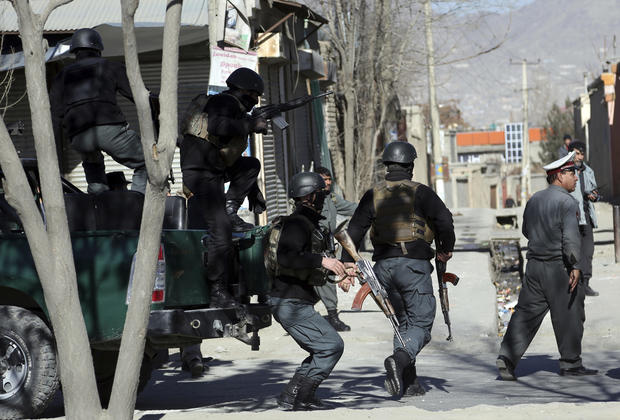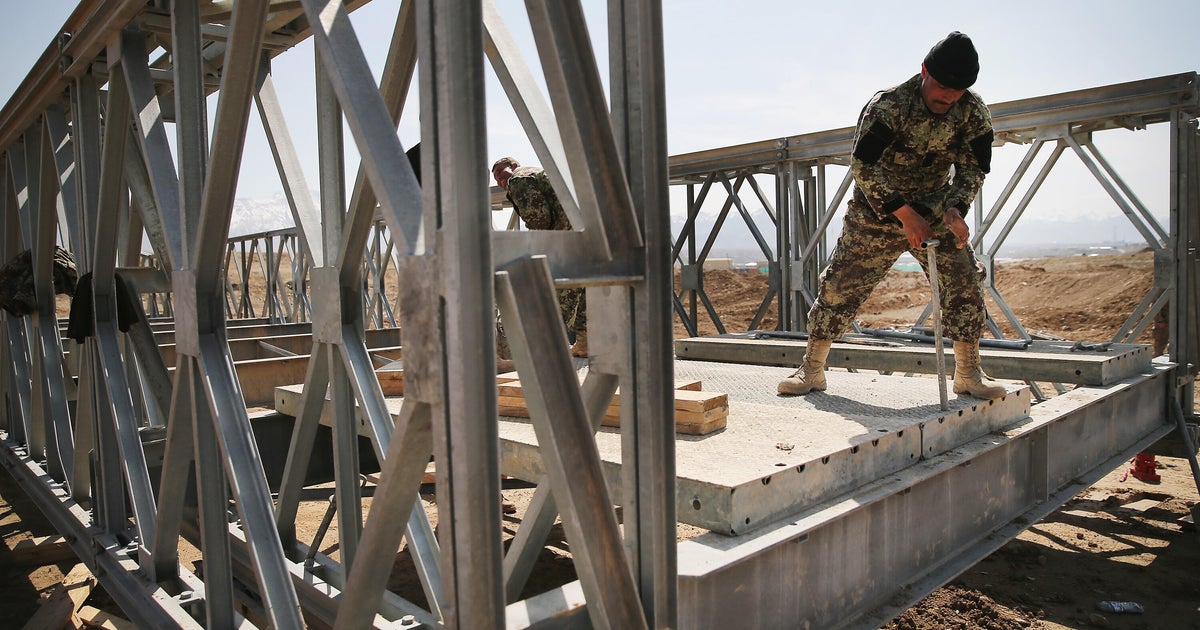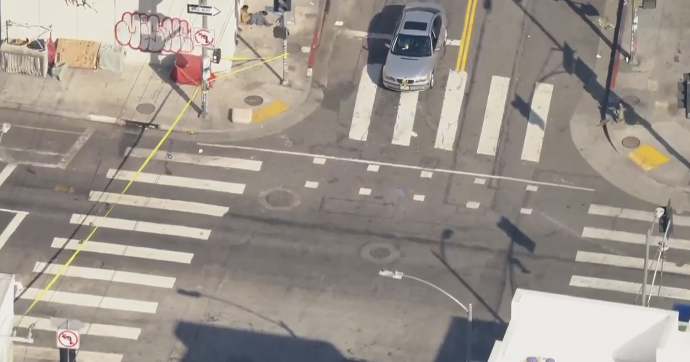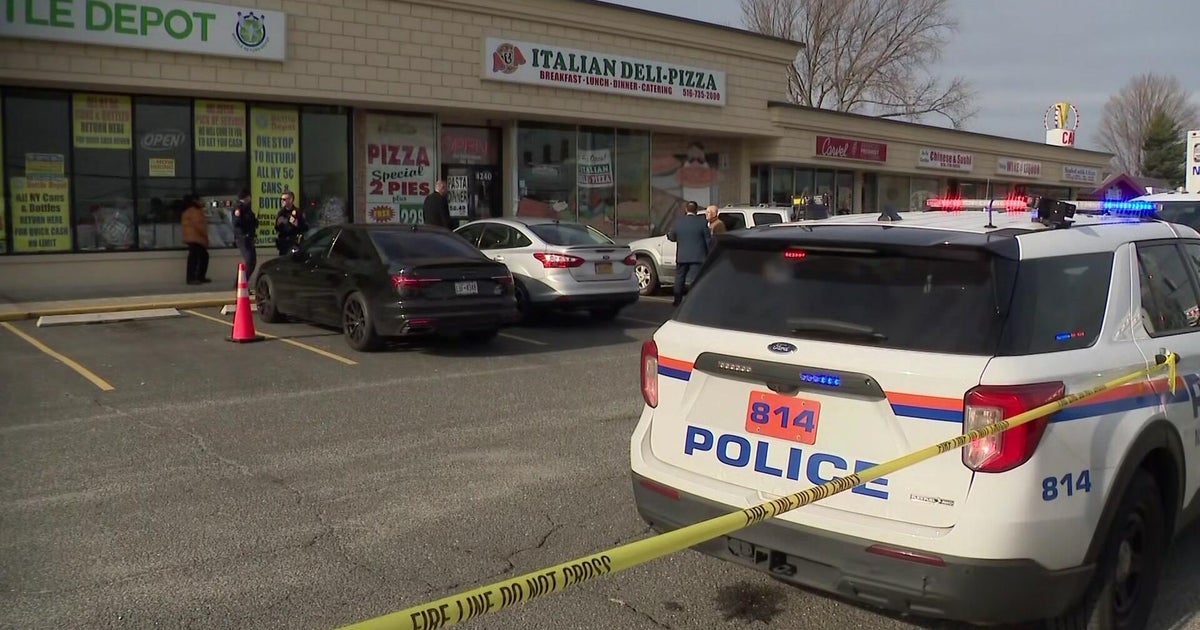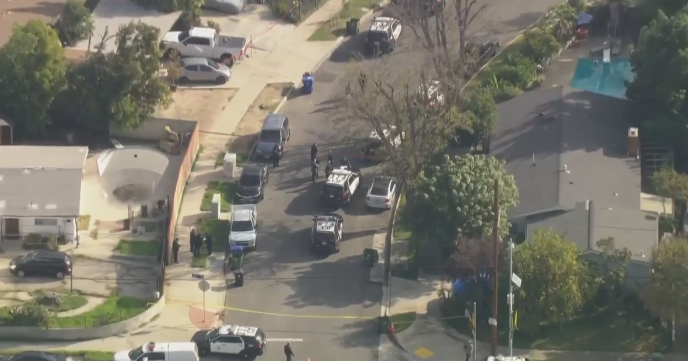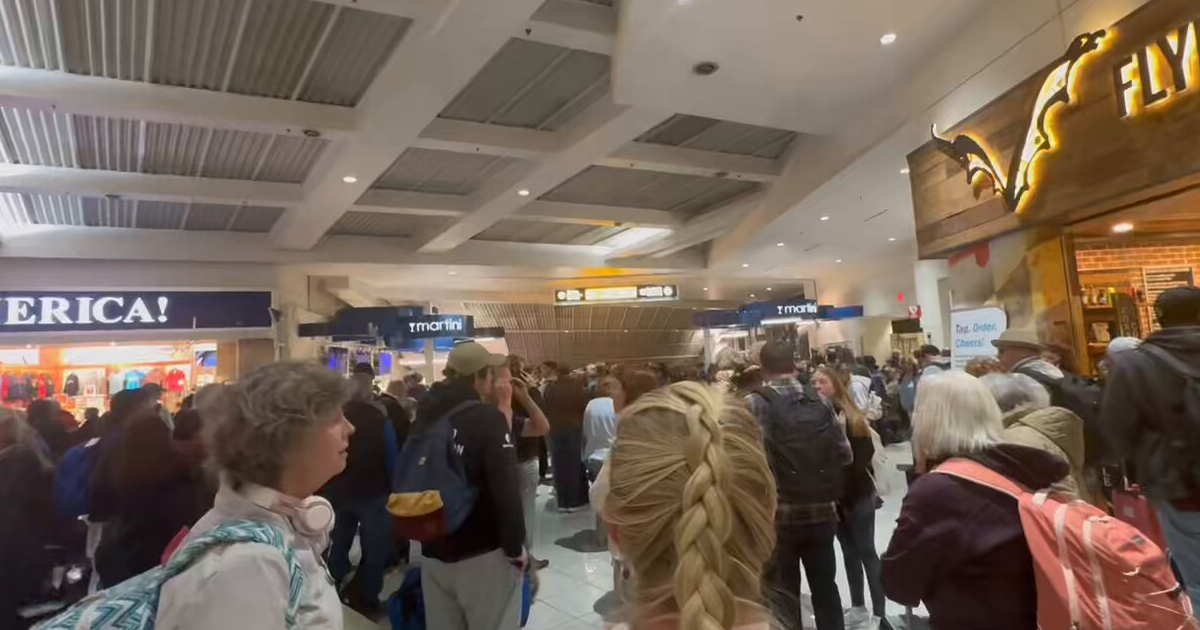Dozens dead, wounded in 3 blasts in Afghan capital, authorities say
KABUL, Afghanistan -- At least 41 people were killed and 84 wounded in three back-to-back explosions that hit the western part of the Afghan capital of Kabul on Thursday, Afghan authorities said. The attack was claimed by the Islamic State of Iraq and Syria (ISIS).
The incident happened around 10:30 am local time, when a suicide bomber targeted a building shared by a cultural center and media company.
Interior Ministry spokesman Najib Danish said the attack began with an explosion outside the center. Explosive devices were then set off in the basement of the building, where scores of people had gathered to mark the December 1979 invasion of Afghanistan by the former Soviet Union.
Interior Ministry Deputy Spokesman Nasrat Rahimi told CBS News that only one suicide bomber was involved in the incident, and that he had placed two magnetic bombs on the walls of the center before entering.
Shiite leader Abdul Hussain Ramazandada said witnesses reported that at least one suicide bomber got into the event and was sitting among the participants. He exploded his device, and as people fled, more explosions occurred.
The center is located in the Shiite-dominated Dasht-e-Barchi neighborhood in the west of the capital.
The site of the attack was a building shared by Tebyan Cultural Center, a pro-Iranian cultural center, and the news agency Ava Media.
"This gruesome attack underscores the dangers faced by Afghan civilians," Amnesty International's South Asia Director, Biraj Patnaik, said in a statement.
"In one of the deadliest years on record, journalists and other civilians continue to be ruthlessly targeted by armed groups. With the Afghan capital hit once again, no one can credibly claim that Kabul safe. The European governments who insist on this dangerous fiction by forcibly returning Afghans are putting their lives in danger," Patnaik continued.
In a statement, U.S. Ambassador John R. Bass condemned the attack.
"This incident once again demonstrates the depravity of those who seek to undermine peace and stability in Afghanistan," Bass said.
"The United States continues to stand with all Afghans in their pursuit of peace, security, and prosperity," he went on.
ISIS claimed responsibility for the attack in an online statement. The Afghan ISIS affiliate has carried out several attacks targeting Shiites in Afghanistan, and the extremist group issued a warning earlier this year following an attack on the Iraqi Embassy in Kabul vowing to target Afghanistan's Shiites. Since then, it has taken credit for at least two attacks on Shiite mosques in Kabul and one in the western city of Herat, killing scores of worshippers.
The Afghan ISIS affiliate, made up of Sunni extremists, views Shiites as apostates. It is a mix of Uzbek militants belonging to the Islamic Movement of Uzbekistan who broke with the Taliban, as well as disenchanted insurgents who left the much larger and more well-established Taliban.
As attacks targeting Shiites have increased in Kabul, residents of this area have grown increasingly afraid. Most schools have additional armed guards from among the local population. Still, Ramazandada said security at the cultural center was light.
Afghan president Ashraf Ghani called the attack a "crime against humanity."
In a statement released by the presidential palace, Ghani said: "The terrorist have killed our people. The terrorists have attacked our mosques, our holy places and now our cultural center." He called them attacks against Islam and "all human values."
Separately, Dawlat Abad District Gov. Mohammad Karim said a powerful mine killed six shepherd children ranging in age from 8 to 10 on Wednesday.
No one immediately took responsibility for that attack, but Karim blamed the Taliban, saying the insurgents planted the mine to target Afghan officials and security forces.
Afghanistan has the highest number of mine victims in the world, which along with other roadside bombs, kill or wound an estimated 140 people every month.
Elsewhere, a Taliban attack on a security police post in central Ghazni province Wednesday night left three police dead and one other wounded, said Mohammad Zaman, provincial chief of police.
